“Young men are being radicalised and women and girls are in danger, so where is the action?”
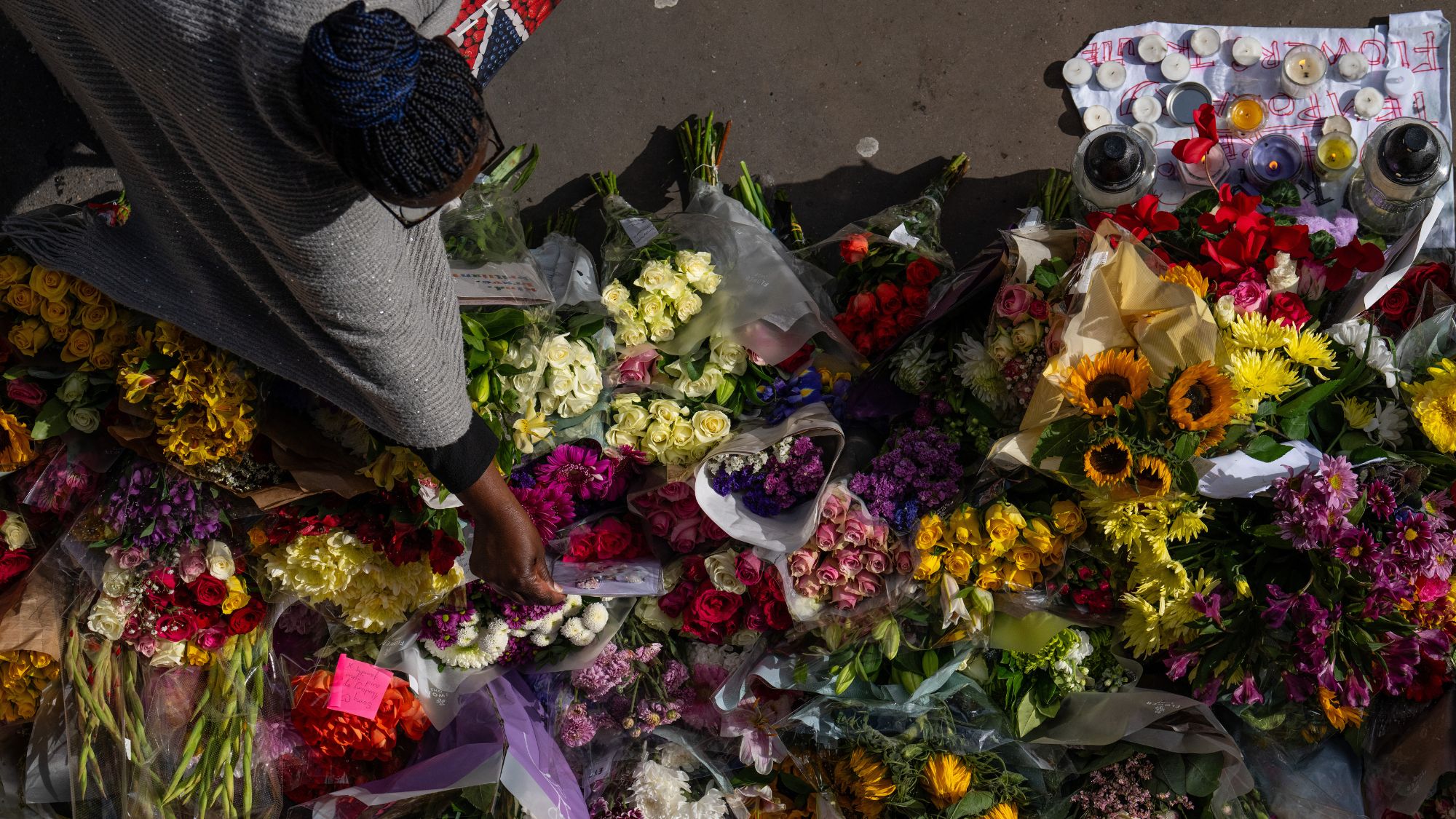

Trigger warning: this article contains themes of male violence
Violence against women and girls has reached epidemic levels in the UK, and with young men increasingly being radicalised by incel ideology and the spread of hate speech, women and girls are being put in danger.
UK cyber abuse rates are at a high, and with a proven correlation with offline violence, we are seeing the very real consequences of online misogyny.
This week, Elianne Andam, a 15-year-old schoolgirl was stabbed to death by a 17-year-old boy, whose advances she was reportedly helping her friend turn down.
The teenage victim is thought to have been on her way to school, when she stepped in to protect her friend, whose ex boyfriend had become angry when she did not accept his flowers.
Elianne’s fatal stabbing has shocked the nation. And as important conversations open around knife crime and male violence, it is vital that we look closer at the rise of extreme misogyny.
Elianne Andam’s killing did not happen in a vacuum, and in order to protect women and girls, we must wake up to the misogyny epidemic happening in the UK right now.
Marie Claire Newsletter
Celebrity news, beauty, fashion advice, and fascinating features, delivered straight to your inbox!
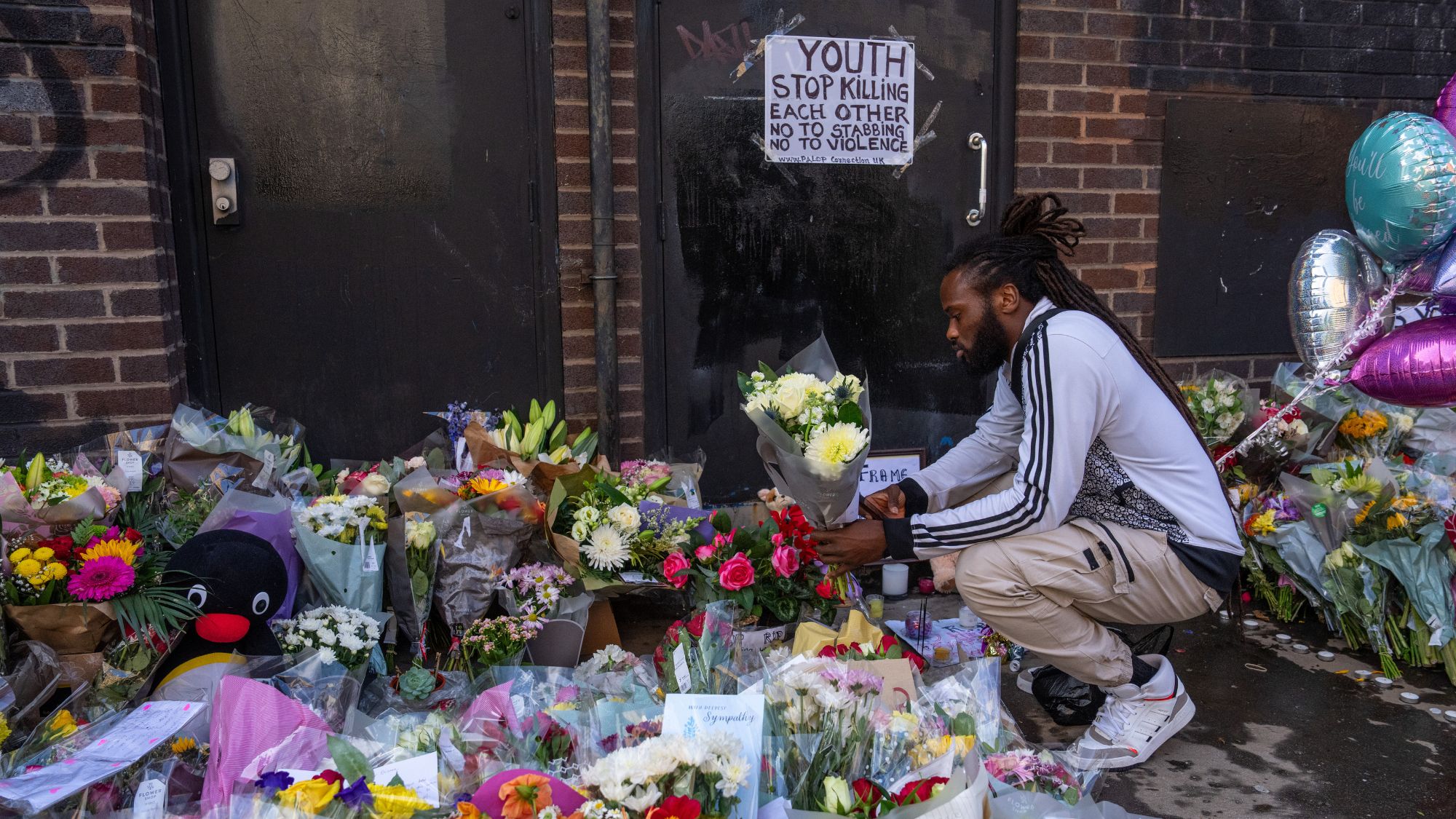
One woman is murdered by a man every three days in this country. 97% of women in the UK have been sexually harassed. 1.6 million UK women annually experience domestic abuse, and 500,000 women and girls are sexually assaulted each year.
We are living in a culture of extreme misogyny, and male violence towards women and girls has consequently been normalised.
The past fortnight alone has seen Russell Brand accused of rape, sexual assault and emotional abuse by multiple women. Just days ago, Laurence Fox verbally abused journalist Ava Evans in a misogynistic rant on air, putting a target on her back from incels the world over. Thousands of UK police officers are facing allegations of sexual misconduct and domestic abuse. And all the while, figures like Andrew Tate continue to spread harmful ideologies, with 2023 seeing a surge of misogynistic figures on social media.
Extreme misogyny is arguably the fastest growing terror threat in the UK, with male radicalisation putting women and girls in danger, both on and offline. So where is the action?
A post shared by Nadia Whittome MP (@nadiawhittomemp)
A photo posted by on
Among those calling for action is Women’s Aid. “[Elianne Andam’s fatal stabbing] emphasises just how deeply rooted misogyny and the control of women is in our society, and how violence against women and girls is still so tragically prevalent,” the women’s charity announced in a statement.
“More must be done to protect women from abuse, as well as educating children and young people about what constitutes a healthy, consensual relationship. This must be done urgently to prevent further lives lost and to guarantee the safety of women and girls.”
“We must do everything we can to end the pattern of male violence that women and girls are subject to,” added Women’s Equality Party leader Mandu Reid. “It is NOT inevitable.”
A post shared by Mandu Reid (@mandureid)
A photo posted by on
Acknowledging the fact that young men are being radicalised and that women and girls are in danger is key, but what are the solutions?
“We need to attack this at every level, with both grassroots and policy changes, short and long term solutions,” Laura Bates told Marie Claire UK earlier this year. “We need better resources, funding and training for schools to tackle these issues meaningfully from primary age. We need to see violent extremist misogyny designated as a form of terrorism and resources accordingly designated to tackle it, including recognising the grooming of boys into these ideologies as a form of radicalisation.”
She continued: “We need to see meaningful accountability for tech companies and social media platforms, which means proper regulation and transparency. We need better media coverage that recognises these issues for what they are and doesn't describe men who espouse violent extremism as ‘divisive icons’. We need a designated rape and sexual offences unit in every police force in the country, far better training on issues like victim blaming and coercive control for police officers, an overhaul of systemic misogyny in policing, criminal justice and politics, and ringfenced, sustainable funding for frontline sexual violence services. We need to reverse funding cuts to resources like youth centres that have been closed down due to austerity measures, leaving young men more vulnerable to online exploitation.
“We need to recognise the epidemic of sexual violence in schools as a public health crisis and join the dots to realise it is connected to the explosion in online misogyny. And we need to tackle the low-level misogyny and cultural norms and attitudes towards women and girls that underlie and normalise all this.”
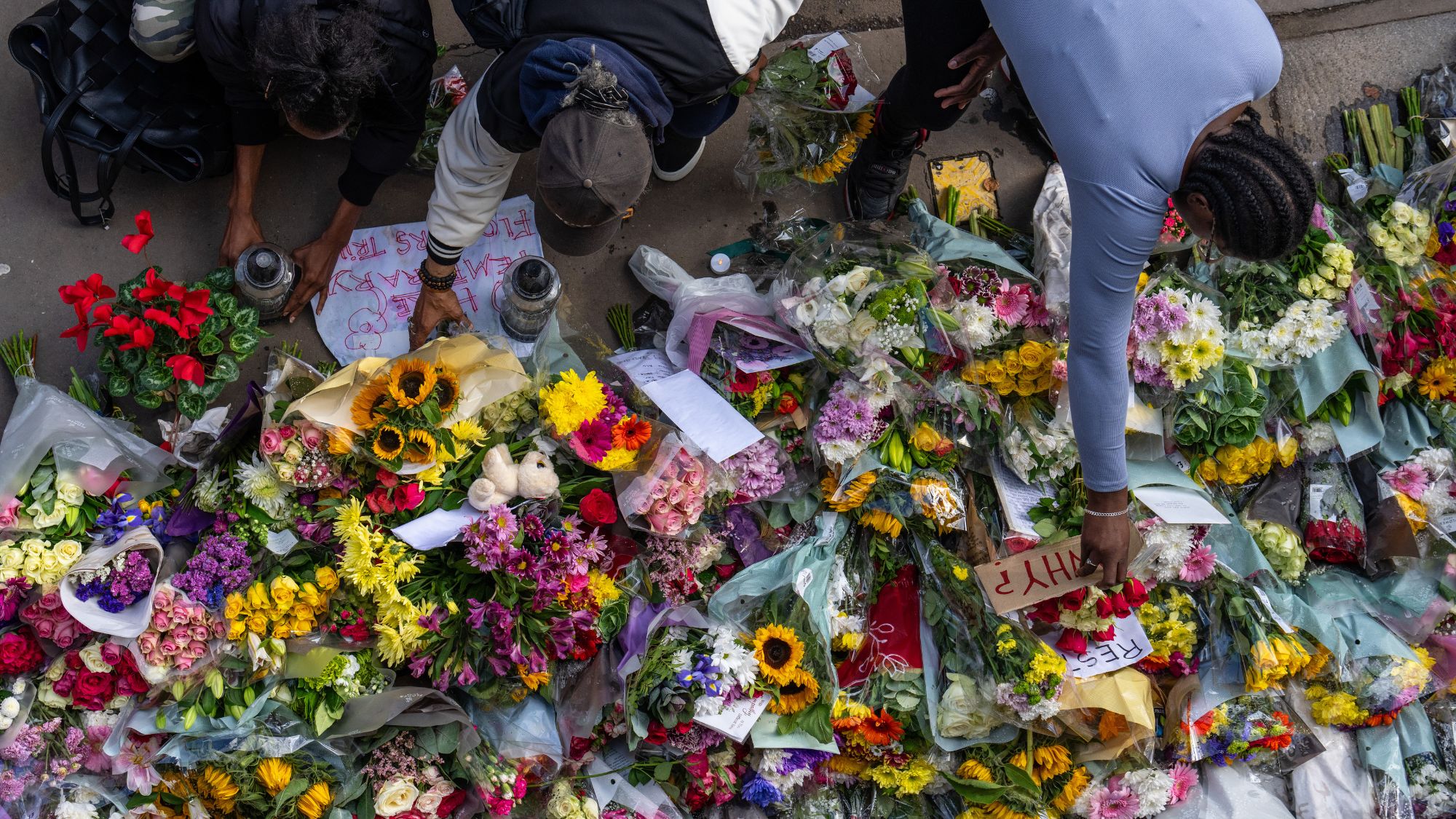
Important conversations are being had around male violence right now. And as the case progresses, we must ensure that those conversations acknowledge the misogyny crisis and how it may have contributed to Andam’s tragic killing.
Extreme misogyny is a very real threat and the impact on the lives of women and girls can be devastating. As Laura Bates explained, there is effective action that we can take to make positive change, but first we need to acknowledge the problem. Until we do, women and girls will continue to be unsafe.
We have a duty to Elianne Andam to use this moment as a catalyst for change, and to act now before more women and girls lose their lives.

Jenny Proudfoot is an award-winning journalist, specialising in lifestyle, culture, entertainment, international development and politics. She has worked at Marie Claire UK for seven years, rising from intern to Features Editor and is now the most published Marie Claire writer of all time. She was made a 30 under 30 award-winner last year and named a rising star in journalism by the Professional Publishers Association.
-
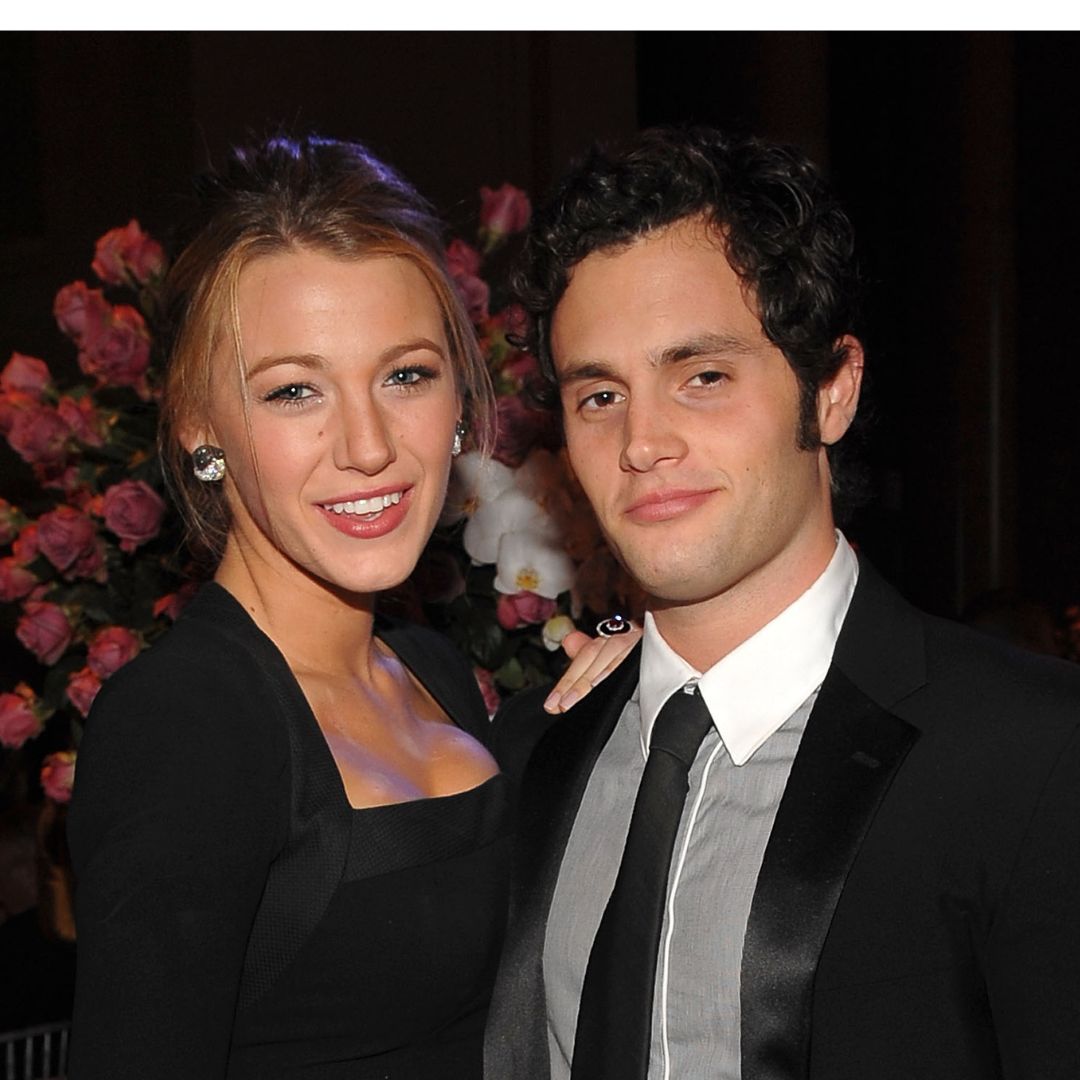 Penn Badgley credits ex girlfriend Blake Lively for "saving" him from the pitfalls of fame
Penn Badgley credits ex girlfriend Blake Lively for "saving" him from the pitfalls of fameBy Jenny Proudfoot
-
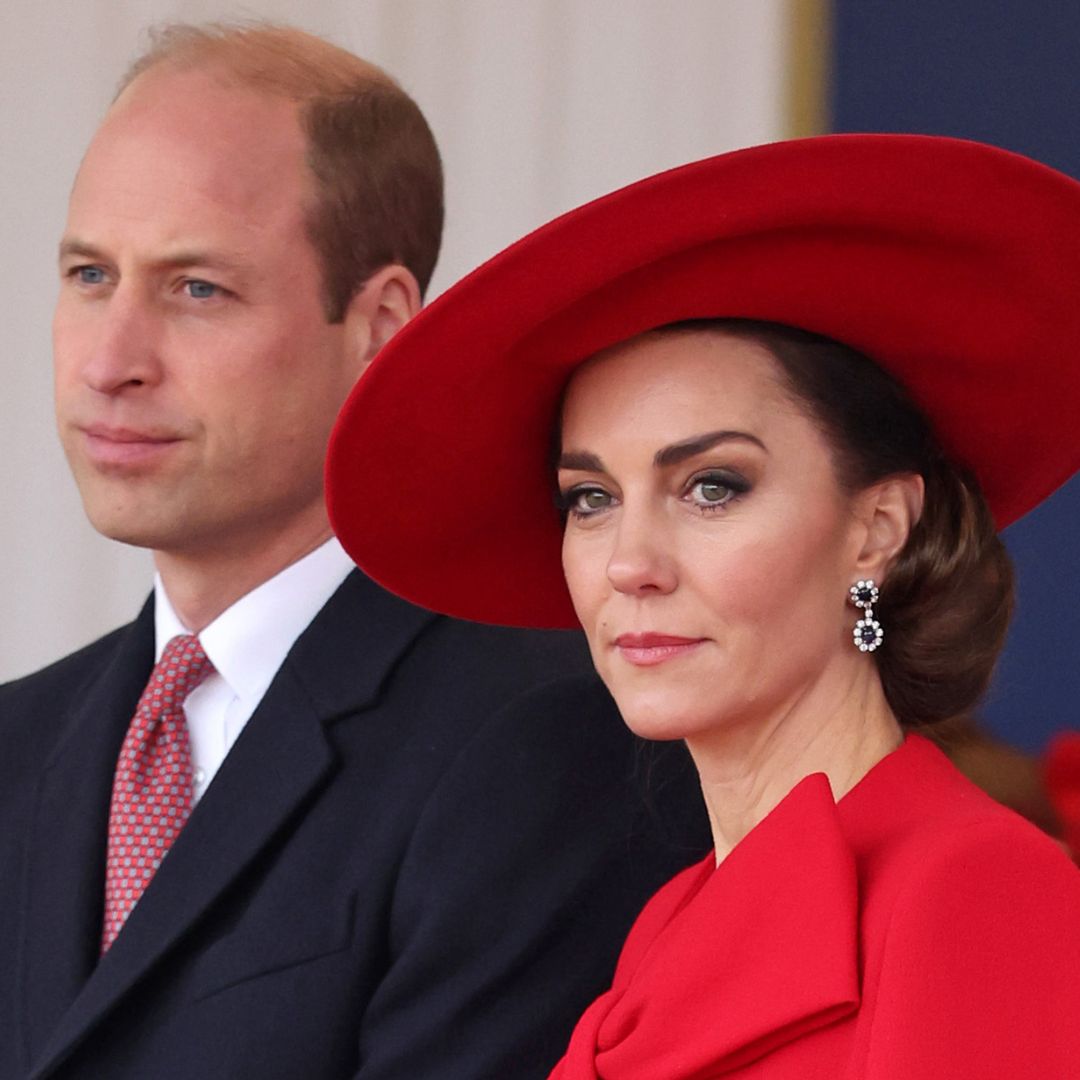 Prince William and Princess Kate's Easter absence has reportedly "raised eyebrows at the palace"
Prince William and Princess Kate's Easter absence has reportedly "raised eyebrows at the palace"By Jenny Proudfoot
-
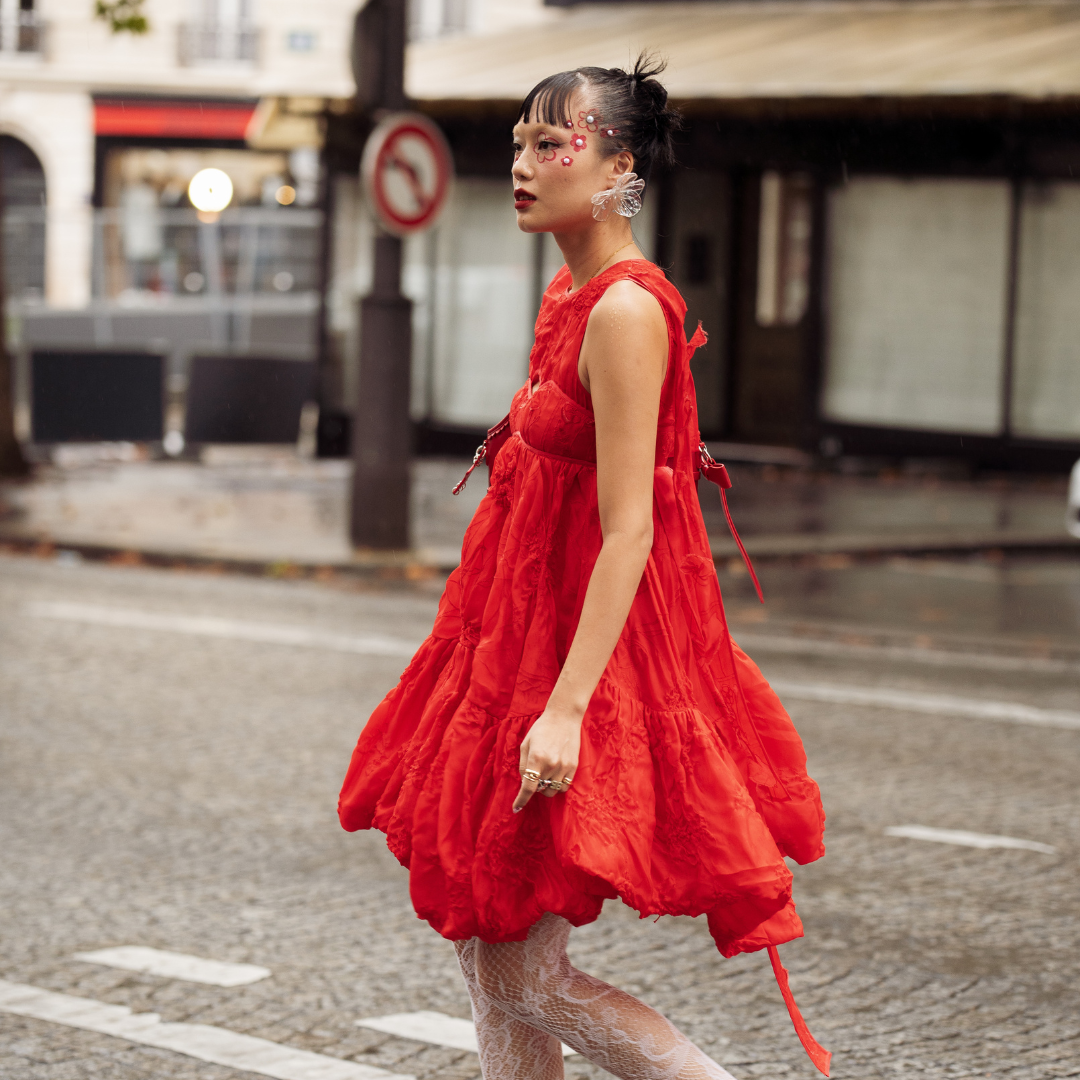 This divisive Nineties trend just got a high-fashion makeover
This divisive Nineties trend just got a high-fashion makeoverAll the cool girls are wearing babydoll dresses again
By Sofia Piza